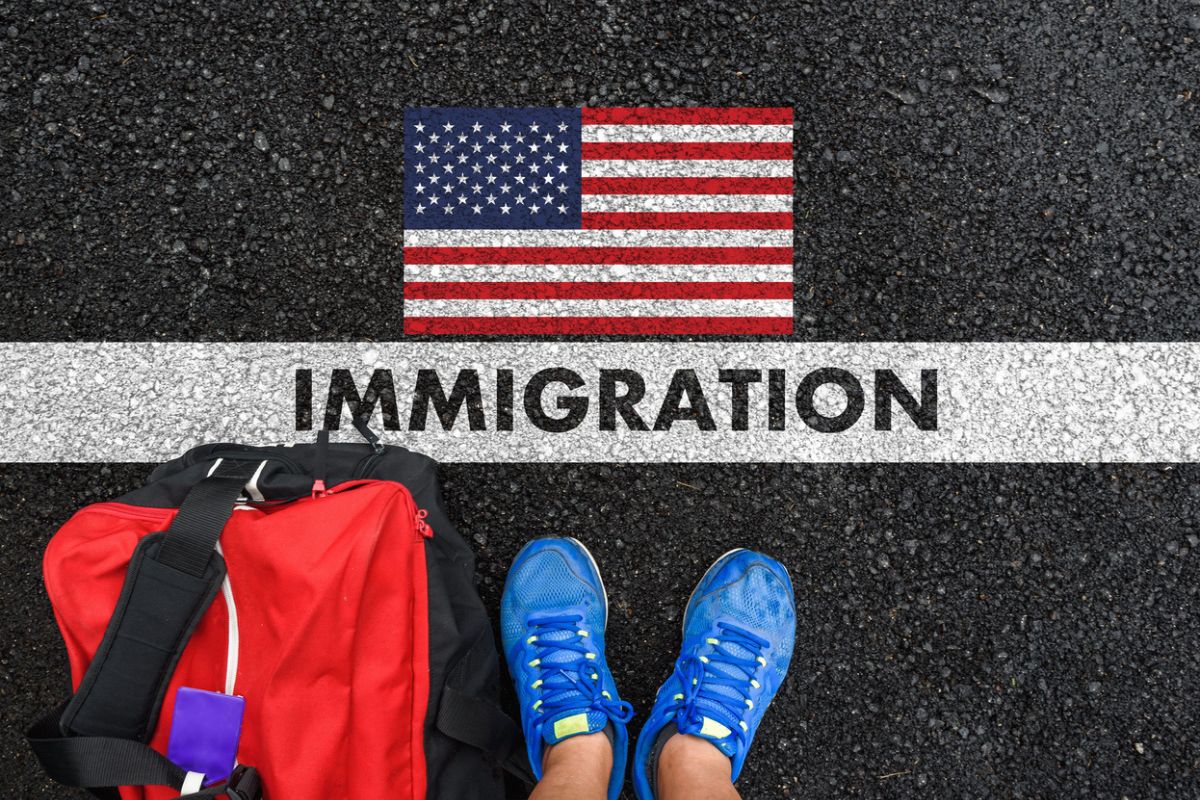The U.S. Citizenship and Immigration Services (USCIS) has just updated its Policy Manual, and the changes are important for anyone applying for U.S. immigration benefits. The new guidance focuses on how officers decide cases that require discretion and adds strict checks on certain types of behaviour and affiliations.
Key Changes Travellers and Applicants Should Know
1. Past Immigration Requests Will Be Checked
USCIS officers will now weigh past immigration or parole requests more carefully. If someone has previously requested parole or other special entry benefits, those records may influence future decisions.
2. Zero Tolerance for Terrorist or Anti-American Ties
The updated rules make it clear: involvement with terrorist organisations or anti-American groups will heavily count against an applicant. USCIS officers will now take a closer look at whether someone has:
- Supported or promoted anti-American ideologies
- Been involved in or promoted antisemitic activities or terrorist groups
- Previously requested parole in a way that raises red flags
If any of these show up in your record, your chances of getting a favourable decision on discretionary immigration benefits just got a lot slimmer.
3. Expanded Social Media Screening
USCIS has widened the scope of social media vetting. Applications will be checked not just for fraud or security risks, but also for signs of anti-American behaviour online. What this means:
- This new rule applies to both pending and future applications
- Your public online posts can be reviewed
- Signs of anti-American views will count heavily against you
4. Compliance with U.S. Immigration Law Matters More Than Ever
The agency is stressing that following immigration rules is an important part of discretion. Anyone found promoting or supporting terrorism, antisemitic groups, or extremist views will face denial.
5. EB-5 Investor Petitions Under Stricter Review
Even high-stakes applicants who are applying under the popular EB-5 investor visa program won’t be spared. Officers will now apply extra scrutiny in cases that involve:
- National security threats
- Fraud or deception
- Criminal activity
Discretion will play a bigger role in deciding whether these applications get approved.
When Do These Changes Take Effect?
The new rules are effective immediately. They apply to all benefit requests that are currently pending or filed from now on. USCIS notes that this updated guidance overrides any older policies.
What This Means for Travellers and Applicants
- Immigration benefits are privileges, not rights. USCIS is making it clear that benefits will not be given to those promoting anti-American or antisemitic views.
- Social media checks are now part of the process. Applicants should expect broader screening.
- Past compliance matters. Respecting immigration laws, policies, and procedures is now a bigger factor in discretionary decisions.
Final Take
The message is simple: if you want to live, work, or invest in the U.S., your background, online and offline, will be under a sharper lens. Stay informed, stay careful, and make sure your record supports your intent to be in the country.
Follow and connect with us on Facebook, Twitter, LinkedIn, Instagram and Google News for the latest travel news and updates!
